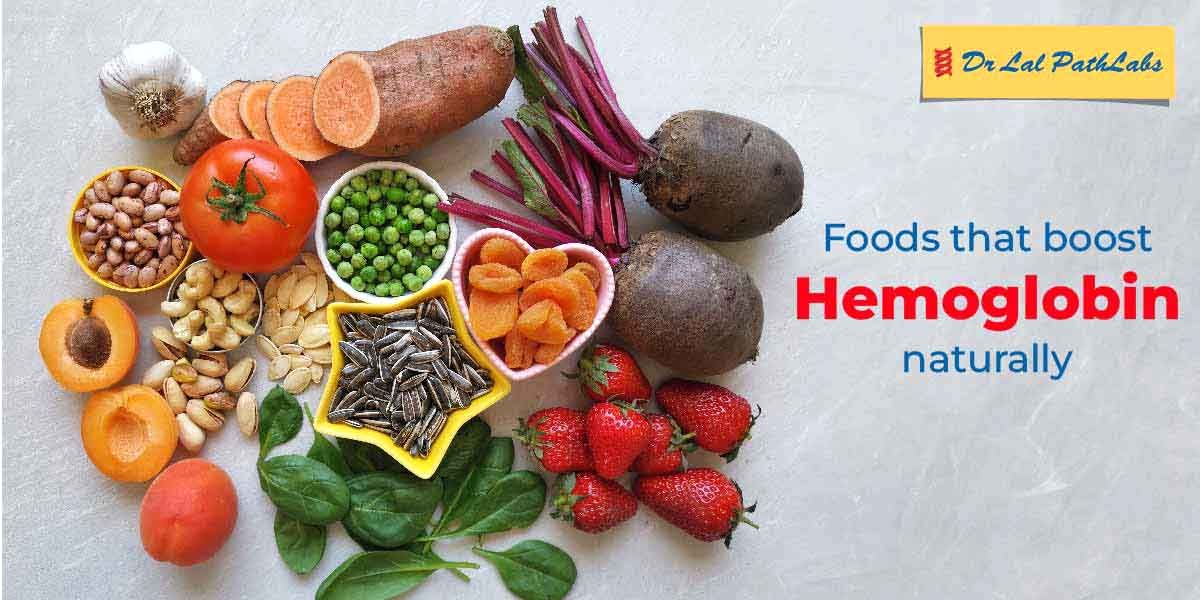The Role of Iodine in Your Diet: Why Adequate Intake Is Essential for Health
Iodine is a vital trace element crucial for maintaining overall health. It enables the body to produce thyroid hormones, which regulate metabolism, growth, and energy levels. Iodine is also important for the healthy development and functioning of the brain, bones, and nerves.
Not consuming enough iodine can lead to an iodine deficiency, which can cause various health issues, including thyroid disorders and other severe consequences.
What is Iodine Deficiency?
Iodine deficiency is when the body does not receive sufficient iodine for proper thyroid function. Due to this condition, the thyroid gland can’t produce enough hormones to regulate metabolism, leading to various health issues. Iodine deficiency is particularly dangerous for pregnant women as it can cause developmental delays in children and even intellectual disabilities.
What Causes Iodine Deficiency?
Iodine deficiency is caused when the body doesn’t get enough iodine. Since the body can’t produce iodine, consuming iodine-rich foods is essential.
Adults should consume at least 150 micrograms (mcg) of iodine daily, whereas pregnant or lactating women must consume 220 and 290 mcg, respectively.
What are the Symptoms of Iron Deficiency?
Some common iron deficiency symptoms include:
1. Fatigue
2. Weight gain
3. Hair loss
4. Dry skin
5. Constipation
6. Depression
7. Difficulty concentrating
8. Puffy face
9. Weak or slow heartbeat
10. Enlarged thyroid or goitre
Why Does One Need Iodine?
Consuming adequate iodine is crucial for maintaining overall health as it significantly affects thyroid function. Here’s how iodine plays a crucial role in one’s diet:
- Prevents Hypothyroidism: Iodine helps the thyroid produce hormones. Not consuming iodine-rich foods can cause the thyroid to underperform, leading to hypothyroidism.
- Prevents Goitres: Iodine deficiency can cause the thyroid gland to enlarge, developing a goitre. It occurs as the thyroid tries to compensate for the hormone deficiency, causing discomfort and breathing issues.
- Reduces Risk of Birth Defects: Iodine is critical for pregnant women to ensure the healthy development of the baby’s brain. It reduces the risk of developmental delays and other birth defects.
What are the Best Sources of Iodine?
Iodine is most commonly found in seafood. However, there are several other sources to include iodine in the diet for vegetarians. Here are some of the best sources of iodine:
- Iodised Salt: Iodised salt is regular table salt with added iodine. It is one of the most common sources of iodine and provides an easy way to meet daily iodine requirements.
- Seaweed: Seaweed is one of the best foods with iodine. Only 10 grams of dried nori seaweed contains up to 232 mcg of iodine.
- Non-fat Milk: This type of milk is fortified with iodine and provides a good dose, making it ideal for daily intake.
- Eggs: Eggs, particularly the yolks, are a great source of iodine. Including them in the diet can help maintain adequate iodine levels.
- Greek Yoghurt: Greek yoghurt is another dairy product rich in iodine. It provides up to 87 mcg per 6 ounces.
- Cod: Cod is a great source of iodine. Consuming three ounces of baked cod provides 158 mcg of iodine.
- Beef Liver: Beef liver is a nutrient-rich food that contains iodine and a wide range of vitamins and minerals, supporting overall health.
- Oyster: Oysters are iodine-rich shellfish, offering a tasty and nutritious way to boost iodine consumption. Consuming three ounces of cooked oysters provides up to 93 mcg of iodine.
How is Iodine Deficiency Diagnosed?
Healthcare professionals diagnose iodine deficiency through different iodine deficiency tests. These include a physical examination, urine test, and thyroid stimulating hormone (TSH) test. If there are abnormal levels of TSH in the body, the doctor may recommend an ultrasound to check the thyroid gland.
How to Manage Iodine Deficiency?
Depending on the test results, healthcare professionals may recommend an individual to consume more foods with iodine or take iodine supplements. If someone is suffering from hypothyroidism, they may be treated using a synthetic form of thyroid hormone.
Iodine is essential to ensure the healthy functioning of the thyroid gland and the overall body. If one experiences any iodine deficiency symptoms, it’s best to consult a healthcare provider and book an iodine deficiency test with Dr Lal PathLabs.
FAQs
1. What is the main benefit of iodine?
Iodine is a vital element to ensure healthy thyroid function. It prevents hypothyroidism and goitre and reduces the risk of birth defects.
2. What are the roles of iodine and iron in our diet?
Iodine helps produce thyroid hormones, which regulate the body’s metabolism, energy levels, and growth. On the other hand, iron is crucial for producing haemoglobin, which is the protein in red blood cells responsible for transporting oxygen throughout the body.
3. What is the role of iodine?
The body requires adequate iodine to produce thyroid hormones that control metabolism and other critical bodily functions.















